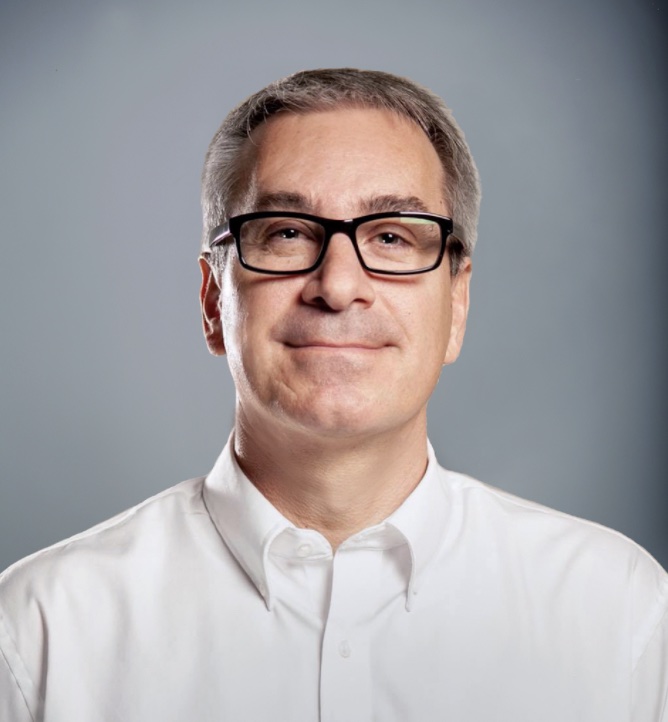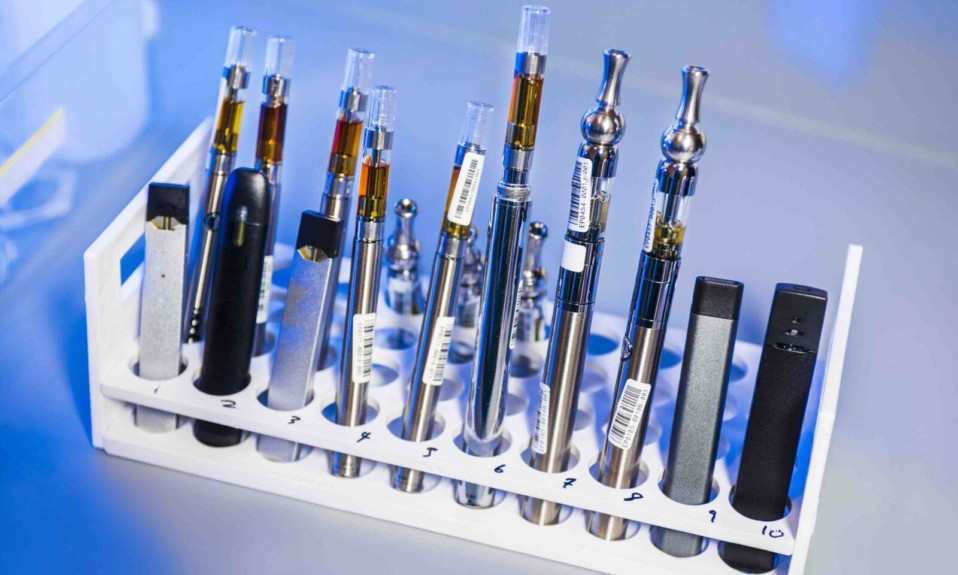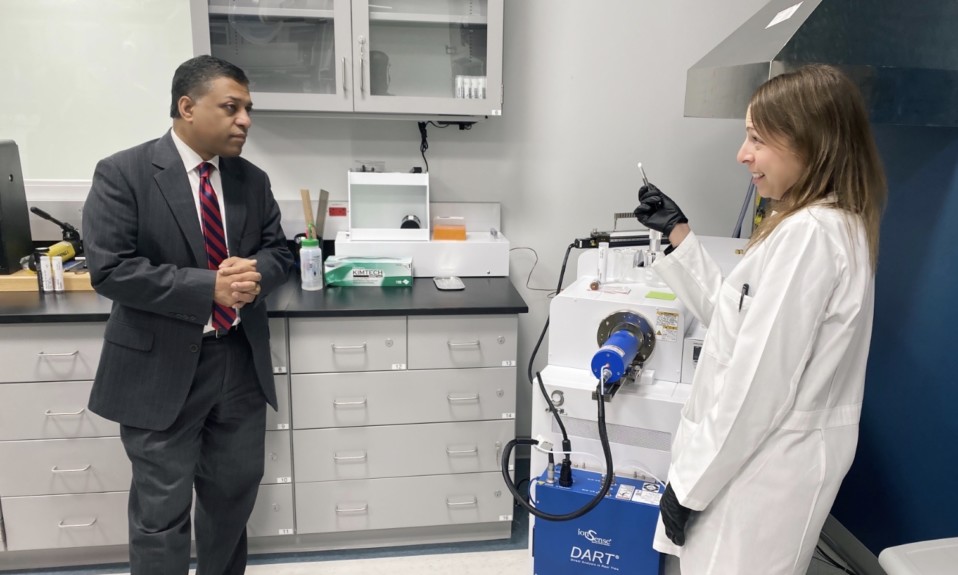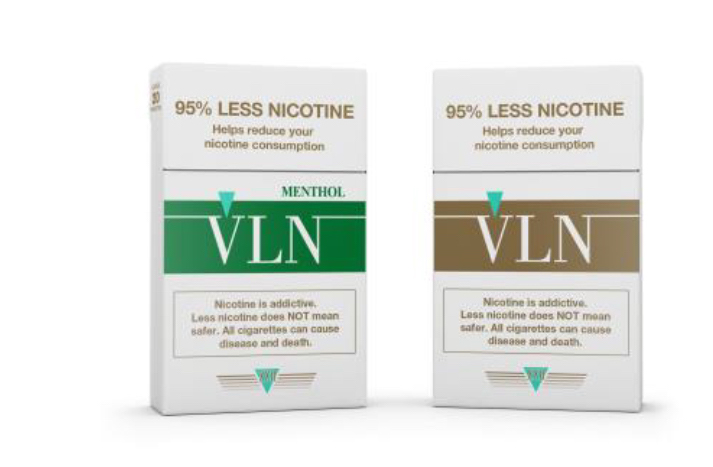Campuses can be a minefield for young people in recovery. Arizona’s Burning Tree West provides strategies to successfully navigate that path
By Jenny Diedrich
Drinking and substance use are such a prominent part of the culture on most college campuses that those environments can be overwhelming for young adults coming out of addiction treatment. A program offered by Burning Tree West in Tucson, Ariz., helps students in recovery stay on track by offering a gradual transition from treatment back to college.
“Kids get to college, and there are all kinds of new classes to take and things to try,” says Matt LeBeau, LCSW, LCDC, executive director at Burning Tree West. “It’s a very exciting time, but there’s a lot of pressure, and substance abuse is tied to this. A lot of it is experimenting, which can be a problem.”
Burning Tree’s approach eases young adults back into school post-treatment by focusing on life skills that establish healthy routines, manage stress and give patients the support they need to stay sober.
TreatmentMagazine.com recently talked with LeBeau about why returning to college can be such a difficult transition for those in recovery and how Burning Tree’s program helps them avoid relapse.
Q: How big a problem is drinking and substance use on college campuses?
A: [One study] cites that 54.9% of full-time college students between ages 18 and 22 drank alcohol in the past month, which is 10% higher than non-college students. Other stats show that over the course of a year, 1,825 college students died from alcohol-related unintentional injuries, including automobile crashes, and 97,000 students between 18 and 24 experienced alcohol-related sexual assault or date rape.

What we point out to families is that students try to rationalize with, “I’m in a safe place. I come from a good family.” But binge drinking can lead to these events. A lot of people have endured adverse life consequences whether they became an alcoholic or not. By abusing substances, maybe they start to accrue criminal arrests, which limits the choice of careers after college.
Q: It sounds like a college campus can be a tough environment for young adults in recovery.
A: The biggest thing we hear is, “How on earth am I going to stay sober on campus? I’m surrounded by drinking. How am I going to find any friends? How am I going to find a significant other? People are going to think I’m lame.”
How are they going to have fun in sobriety? There are college football games and sporting events. When you turn 21, it’s a rite of passage to go to a bar. In their perception, it seems that everything they want to do involves drinking or using substances. They wonder how they’re going to have fun if they can’t engage in those things.
There is a quick transition on college campuses. Accountability is left on the students. That can be very daunting for someone with only a few months of sobriety.”
—Matt LeBeau, Burning Tree West
A lot of addiction is separation, and a lot of recovery is connection. Many kids face difficulty learning how to connect right away. The student could be on a college campus surrounded by 45,000 people of the same age and still be the loneliest person in the world. Parents say, “How can you not connect?” It’s easier to disappear in a mass crowd. They can hide out and literally disappear in that big group.
There’s academic pressure, and drugs and alcohol become a coping mechanism. That’s how a lot of our clients learn to handle stress. People come out [of inpatient treatment] and want to take full course loads. There’s pressure to succeed. We see people rationalizing and maybe turning to Adderall to stay awake and be able to study.
Q: Why can the transition from treatment to a college campus be so difficult?
A: An inpatient treatment center is a very structured environment. You have a schedule to maintain. There are always people with a clinical license around. If people are experiencing a hard time in treatment, they can find someone and are in a safe, protected space. When they leave treatment and if there’s no transition period [before college], there’s immediately no structure.
There is a quick transition on college campuses. Accountability is left on the students. That can be very daunting for someone with only a few months of sobriety who hasn’t learned those skills. Some kids have to go back to campus and work a part-time job. Addicts and alcoholics lack balance. How are they going to balance the job with their aftercare program, which is important to maintain the gains they’ve made? That’s something they’ve never done sober before. Addiction may start at age 13 or 14, and they’ve never had time to develop social skills.
Q: How does Burning Tree’s program help with the transition?
A: The collegiate program is innovative in that we have three levels of care. The first level, the Life Skills House, is for people who have under 30 days of sobriety and still need intense clinical work and a higher level of structure and accountability.
The Advanced Skills House is a more traditional-type program for college kids who are going back to school. That middle house is usually the one where they’ve finished inpatient care somewhere else and then discharge to us. They have some sobriety but are still in need of continued therapy or maybe have co-occurring mental health disorders.
There are groups of people on campus in AA of the same age group who are staying sober. … There are groups for football games that are sober tailgate parties. They can engage but are still in a safe space.”
—Matt LeBeau
The third level, the Sober Skills House, is after several months of getting their feet wet. The important piece is we want to have a steady but somewhat slow transition. They have the structure of curfews and breathalyzers and individual therapy, but they can go to school full-time. They still have the safety net of being in sober living. They’re basically just one step away from living life on their own, but we’re here to support them.
Q: How can students in recovery make healthy connections on campus?
A: One of the biggest pieces is finding them peer groups. They think literally everyone drinks or uses. Part of recovery is education, but a lot of it is experiential. We can tell them there are people out there staying sober, but when they see them and interact with them, it’s a whole new level. They see that this is real.
There are groups of young people on campus in AA of the same age who are staying sober. They may not be alcoholics or addicts, but they just don’t want to drink. There are groups for football games that are sober tailgate parties. They can engage but are still in a safe place. There’s a group at the University of Arizona called Wildcats Anonymous for people who want to remain sober. There’s a lot of opportunity for these people to meet people and make relationships—they just don’t know where they are. We help them find those networks and continue our clinical services while they’re moving through their college courses.
We also work on this from a therapeutic perspective. A lot of it is rooted in shame. There’s negative self-talk. Clients say, “Everyone I went to high school with is finishing high school now. My friend from down the street just got married.” People they went to high school with are moving on, and they’re not.
Q: What’s your advice for families that are concerned about their college student’s drinking or substance use?
A: Rely on the professionals. If there are signs—isolating, dropping out of activities, their hours of sleep change, friends change—get an assessment done by a professional. The quicker the intervention, the higher the chance of success. Going to a professional as quickly as possible before it gets out of control is always best. Sometimes there’s a tendency to think this is just a phase. A father came up to me a couple months ago and said, “I always drank and used weed, and it was no big deal.” Be careful about using your own experience as a gauge. A lot of people drink alcohol and don’t develop a problem. The idea of it being a disease sometimes evades parents.
Top photo: Jade Masri













